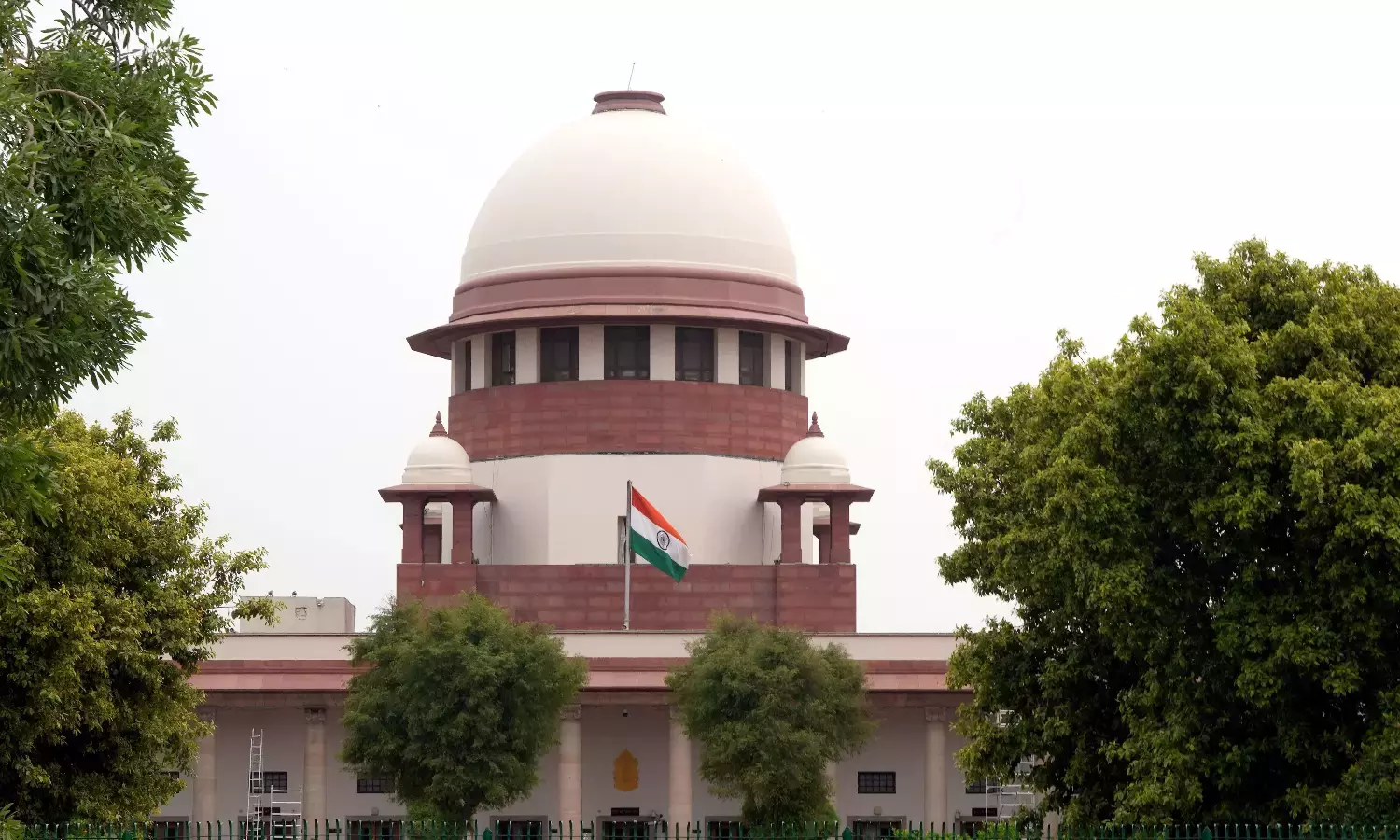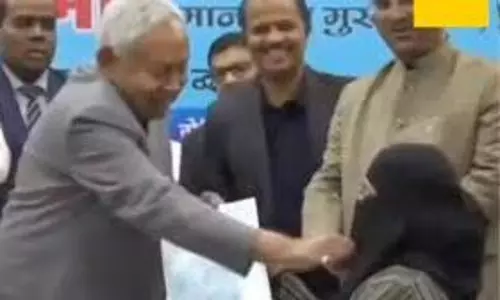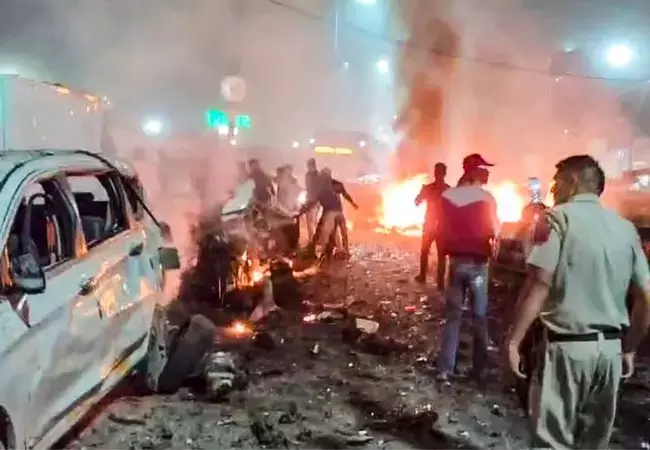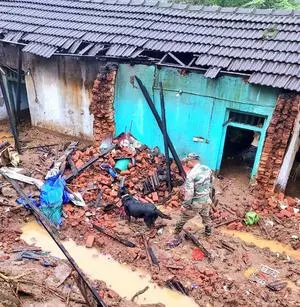
Govt study shows nearly half of Wayanad’s tourism constructions illegal
text_fieldsThiruvananthapuram: Almost half of all tourism-related buildings in Wayanad are running without proper licenses, according to a recent study by the local self-government department.
The detailed report, released last week and focused on sustainable and responsible tourism, exposed widespread violations of regulations, illegal activities, and serious environmental negligence within the district's tourism industry.
Conducted by the department’s planning wing, the study found that close to 50% of tourism facilities in Wayanad—including resorts, homestays, and serviced villas—are operating unlawfully.
Only 56% of these establishments have the required licence from the LSGD, just 16% are registered under GST, and only 53% have obtained clearance from the Pollution Control Board (PCB), which is essential for ensuring environmental responsibility.
One of the most concerning findings is the unregulated presence of tourism facilities in environmentally sensitive and high-risk areas. Many resorts and lodgings have been built or are currently being constructed within High Hazard Zones (HHZ) or inside 500-metre buffer zones identified as prone to landslides and flooding.
These areas are especially vulnerable due to Wayanad’s history of deadly landslides and recurring human-wildlife encounters. Despite these risks, a number of tent stays and resorts in such regions lack essential safety features, such as fencing or emergency response systems, TNIE reported.
In response, Wayanad district panchayat president Samshad Marakkar has called for strict action against unauthorized tourist facilities. He voiced serious concern over the rising number of tourist-related accidents connected to illegal resorts, noting that many of these establishments operate without the knowledge or oversight of local authorities.
He noted that many of the resorts are situated in remote areas with limited or no road access, which makes rescue efforts challenging during emergencies.
According to him, the recent study is intended to serve as a baseline document and the district panchayat has suggested that local bodies set up special inspection teams to detect and address illegal constructions. He also pointed out that property owners should be required to submit current building plans, as even those with valid licenses have reportedly added unauthorized extensions. This unregulated expansion, he indicated, is leading to considerable tax revenue losses for local authorities.
Marakkar emphasized the pressing need for the state government to introduce a proper legal framework governing camping sites, tents, and tree houses. He pointed out that, at present, local authorities lack jurisdiction over such facilities and called for clear regulations to be established.
The town planning department, meanwhile, has linked the growing number of violations in Wayanad to the misuse of K-SWIFT, an online platform intended to simplify the licensing and approval process for businesses.
As part of the study, officials launched field surveys in 2021, starting with a list of 2,764 properties. Over a period of 89 days, survey teams managed to visit 2,478 properties—roughly 89% of the total. However, comprehensive assessments were carried out for only 1,040 properties.
The remaining 1,438 could not be fully evaluated due to various obstacles, including instances of duplicated data. Additionally, 116 properties had no documentation beyond their names, making it nearly impossible to verify them or take any follow-up action.
























